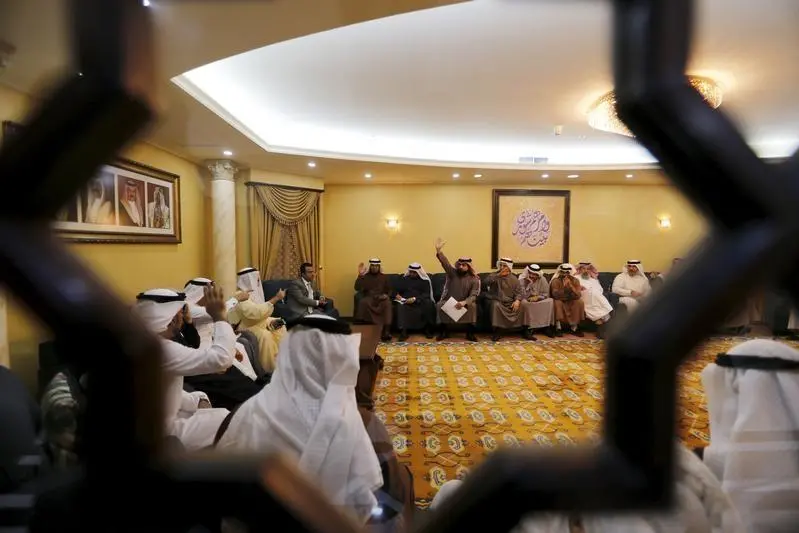PHOTO
Bahrain - The Shura Council members have voted against exempting people with disabilities from paying fines for traffic violations.
They rejected an amendment to the 2014 Traffic Law during their weekly session yesterday over concerns granting exemptions would encourage more serious offences. It was also rejected on the basis that allowing exemptions would spare people committing traffic offences punishment, contrary to the principles of justice and accountability.
Parliament last month threw out a recommendation by its foreign affairs, defence and national security committee and voted against the proposed amendment originally presented by former MPs.
Some MPs had argued that exemptions would reduce the financial burden on people with disabilities should they park wrongly if spaces meant for them were occupied or unavailable.
With both chambers of the National Assembly voting against it, the proposed amendment will now remain shelved; it can’t be presented again in any form until a new National Assembly is formed in 2022.
“Differentiating between people who should be punished and who should be spared weakens the Traffic Law’s power to prevent danger and damage,” said Shura foreign affairs, defence and national security committee vice-chairwoman Nancy Khadoury.
“The amendment will just encourage more violations while causing chaos and blocking traffic flow on the road.”
Shura woman and child committee chairwoman Dr Fatima Al Kooheji said people with disabilities were being forced to commit traffic violations because their car parks were being taken over by able-bodied individuals unjustly.
Parliament and Shura Council Affairs Minister Ghanim Al Buainain said the amendment could open the door to other violations that people would claim exemptions from.
“We can deal with this issue without breaking the law, by providing extra parking spaces and preventing irresponsible people from parking in places meant for people with disabilities,” he said.
General Directorate of Traffic legal affairs director Captain Khalid Buqais said a punitive law is put in place to serve a purpose – to protect lives, properties and ensure all have the right to use the roads.
Shura Council members also insisted on rejecting a proposal to extend the period to pay traffic fines, from 15 days to 45 days, while also extending the period, from seven days to two weeks, to be eligible for a 50 per cent reduction in the amount of the fine.
The proposed amendment approved by parliament twice was also rejected by the Shura Council in June last year.
Capt Buqais revealed that the deal to clear up traffic fines without referring them to the Public Prosecution or having them halved extends up to a year, for when vehicle registration is due, should a fine be issued in absentia without the involved person being informed directly.
It now means the amendments to extend the period has been referred to a National Assembly session for a joint vote, which has never happened since the introduction of the bicameral system in 2002.
© Copyright 2019 www.gdnonline.com
Copyright 2019 Al Hilal Publishing and Marketing Group Provided by SyndiGate Media Inc. (Syndigate.info).





















